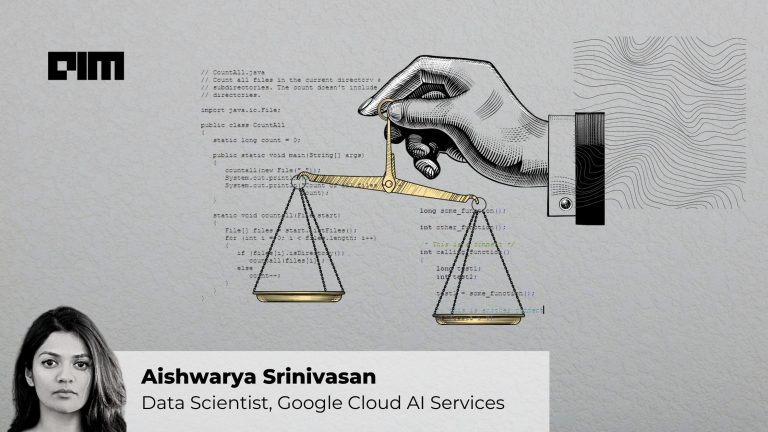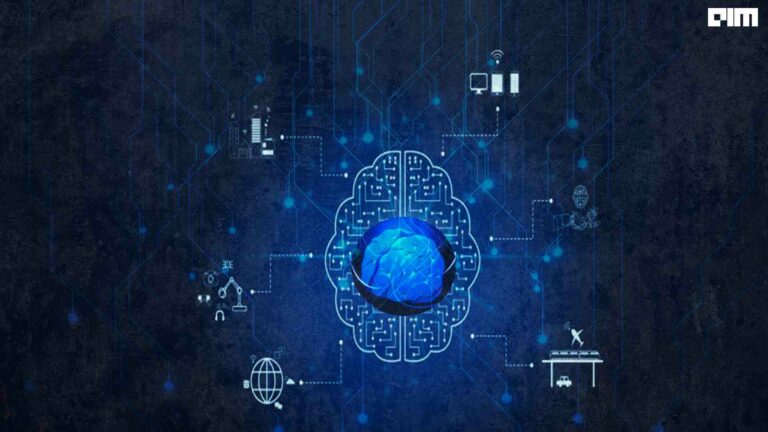AI is the buzzword du jour for enterprises, but many organizations are still struggling with digital transformation to become data-driven, so how can they approach this new challenge? AI has become more popular, thanks to the increased data volumes, advanced algorithms, and improvements in computing power and storage. Meanwhile, businesses are embedding AI applications in their business portfolio, but they still face a set of common challenges such as integration, cost, security, privacy and even regulatory challenges. The question is — can analytics play a role in accelerating the onboarding of AI in enterprises. Enterprises that have successfully deployed analytics are twice as likely to get senior management buy-in for AI adoption.
Analytics is part of the evolution that can lead to successful AI system. Case in point, machine learning models are trained on huge datasets. In analytics-aware organization, that deal with data discovery, big data and tasks such as data wrangling, data preparation and integration, AI is a natural progression. Here’s why AI is a straightforward transition for analytics-aware organizations that have a mature model. and a mature analytics system will underpin the success for Artificial Intelligence.
Research indicates that global tech leaders that are most successful at adopting AI techniques incorporate a data policy into their core business functionality. This is manifested in the form of APIs and interfaces. An enterprise-wide policy on data standards can greatly help in streamlining analytics and machine learning practice. Maintaining a data policy can help in clearly identifying the stakeholders and monitoring the enterprise wide access, thereby reducing employee confusion.
Another key area to consider is that AI systems mature over a period of time as they are fed more data and the right, quality data. That’s why organizations invest in data storage and data warehouse, this is part of the process of aligning assets for implementing AI. According to Darian Shirazi, Co-founder and CEO of Radius predicts, “Quality data is a must for quality AI predictions. Over the years, we will see more companies focusing on solving the challenge of maintaining accurate data, so that AI can live up to the promise of driving change for businesses.”
In fact, our 2017 study State of analytics in domestic firms in India 2017 by Analytics India Magazine and Cartesian Consulting stated that companies across various domains have extensively adopted analytics since the last year. It represented the extent to which analytics has penetrated in the domestic market, demonstrating that in every 59 employees in an Indian organizations, one was associated with data and analytics function. A key finding of the report was the negative correlation between maturity and penetration, stating how an analytics penetration doesn’t demonstrate a high maturity in analytics function. For example, while e-commerce firms have the highest analytics penetration of all sectors, they have the lowest maturity. In India Flipkart is the only company which is both high on penetration and maturity.
Here’s How Analytics Can Pave The Way For AI Adoption:
- Organizations that have a deep BI stack including capabilities for data storage, analytics, governance, the ability to manage structured and unstructured data, visualization tools and techniques have the tools in place for building an effective AI strategy
- According to a report by Fractal Analytics, making an investment in big data architecture is crucial to success especially for combining structured and unstructured data that sits alongside legacy structured data sources like CRM and ERP systems.
- Hence, investing in big data solutions should be considered part of the overall strategy for strenegthing the “BI stack” of technology right from ingestion, storage, discovery, modeling, analytics/ML, and visualization.
- According to the report, on top of this architecture, organizations need to find out the tools required to enable data exploration and visualization by the business and end-users.
- By building an enterprise-wide business management system, companies can create a robust big data platform for not only descriptive analytics and reporting, but also find a way to implement predictive analytics solutions, ML, and AI at scale.
- An enterprise wide BI platform can accelerate AI adoption by enabling deployment of best practices, algorithms, and solutions. In the context of AI, an organization’s deep analytics capabilities can help organizations leverage ML and AI more effectively.



















































































